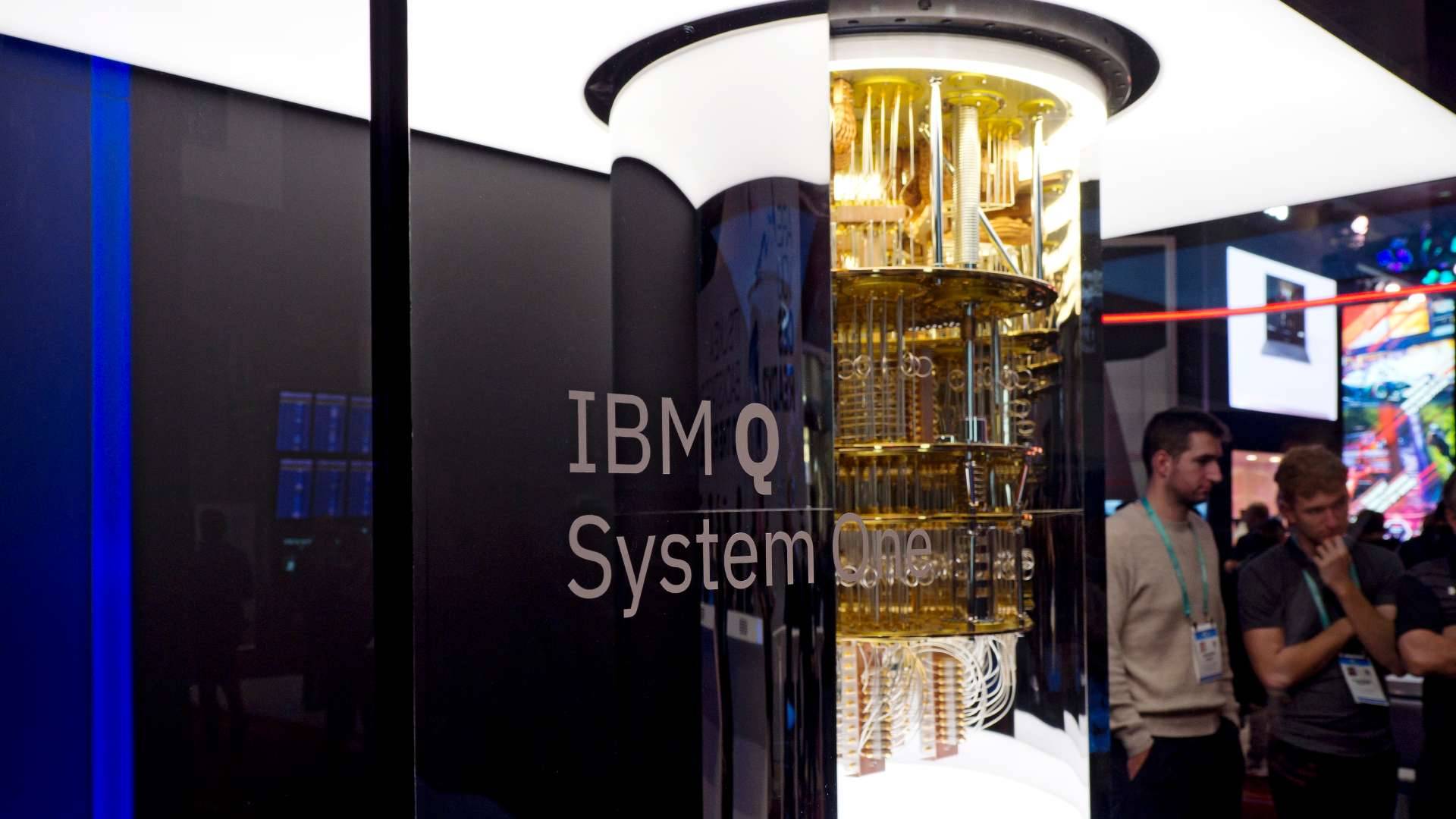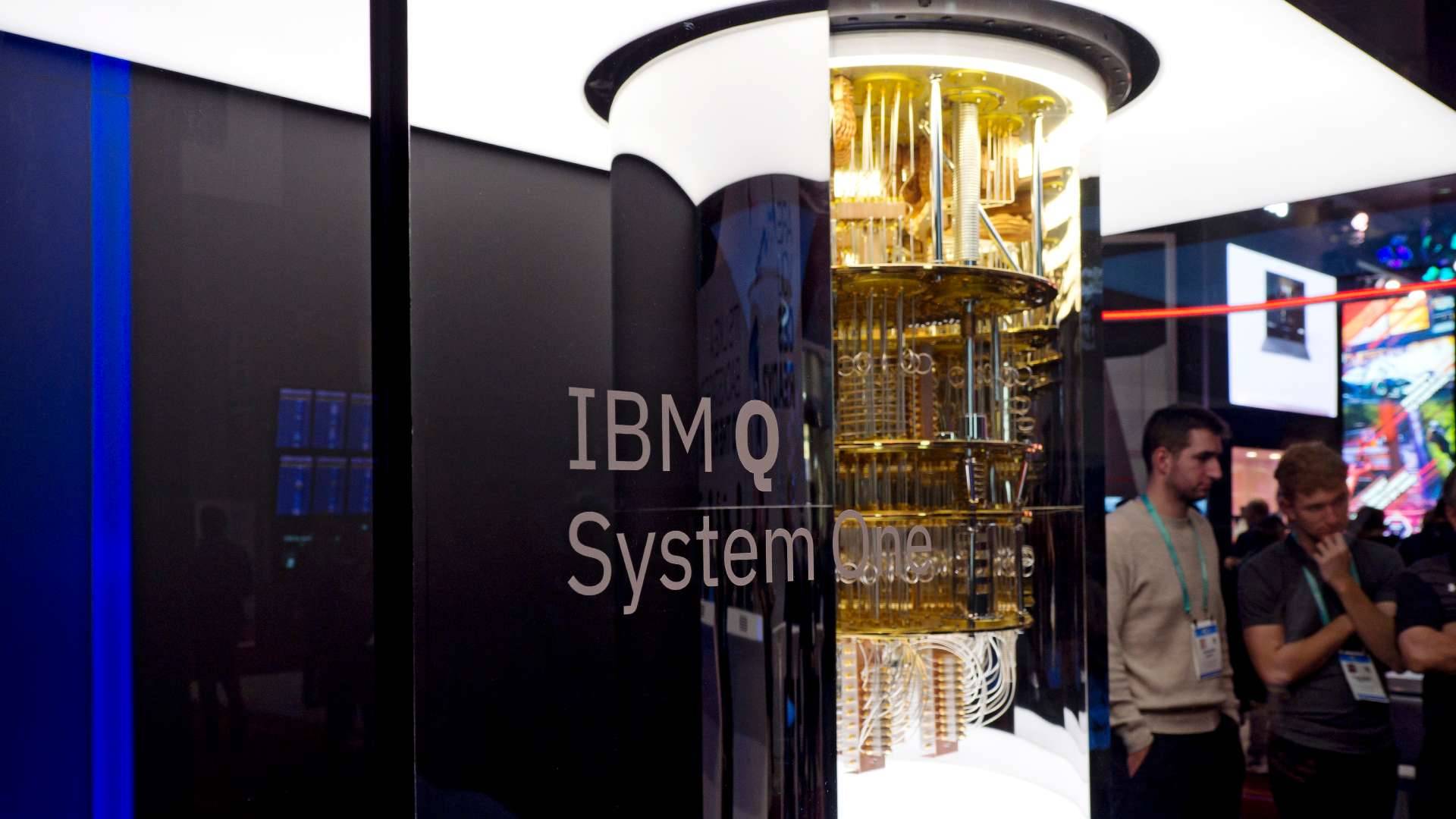
Get set to enjoy the power of quantum computing!
ARTICLES | Dec 27, 2021

Quantum computers are at the forefront of computing, processing thousands of times faster than machines we use now.
They already have applications in chemical and biological engineering, cyber security, artificial intelligence, financial services, and complex manufacturing processes.
IBM began to use quantum computers to solve customer problems in 2007. The technology has helped to develop electric cars at Daimler, to reduce carbon emissions, to discover materials at ExxonMobil, and to find the origins of the universe at CERN, the European nuclear research organization.
Through accurate data analysis, quantum computers can solve in seconds the problems that take a week with traditional computers. They currently cost a lot and require a space the size of a room at -270°C. But these limitations may soon be overcome…
A company called Quantum Brilliance recently developed a quantum microprocessor as small as a book that can be stored at room temperature. More people will have easier access to quantum computers in the future. Amid the development of advanced technologies such as blockchain and artificial intelligence, the demand for quantum computing will stay high.
Implications for the future
- A desktop quantum computer that can solve complex mathematical problems for stabilizing digital currency could spark competition between blockchain-related technologies and quantum computers.
- Data will become more accurate as quantum computers become more available, because they can create models closer to reality than our current supercomputers.
Reference from: https://www.ibm.com/quantum.../what-is-quantum-computing/, https://news.harvard.edu/.../2021/07/harvard-led-physicists- create-256-qubit-programmable-quantum-simulator/, https://www.datacenterknowledge.com/.../what-has-happen..., https://hbr.org/2021/07/quantum-computing-is-coming-what-can-it-do, https://newatlas.com/.../quantum-computing-desktop.../...











